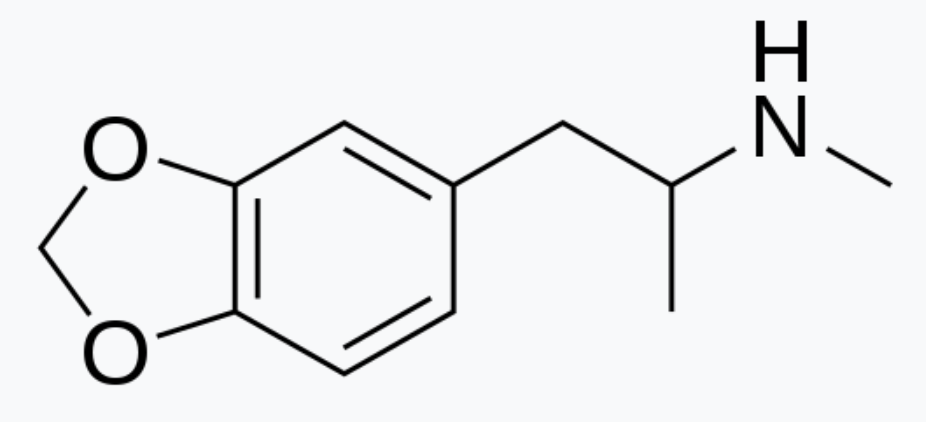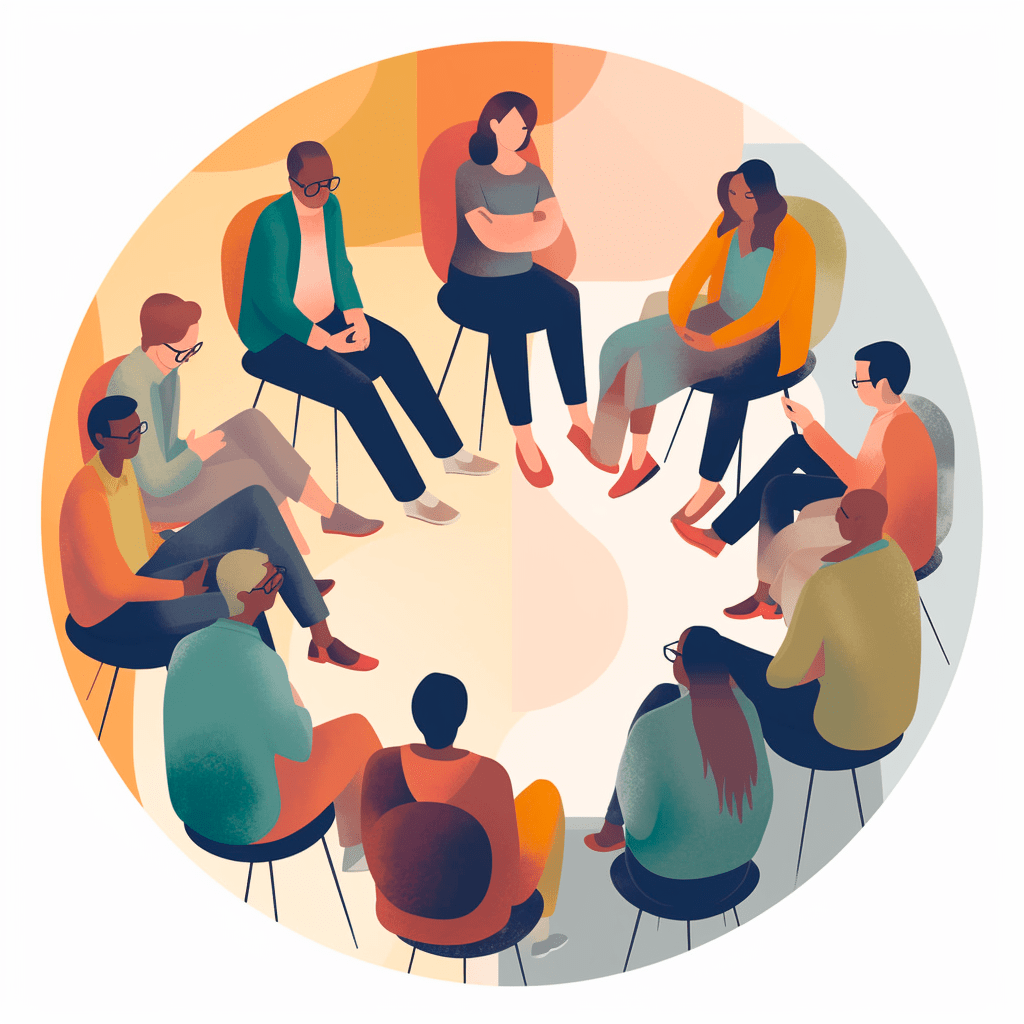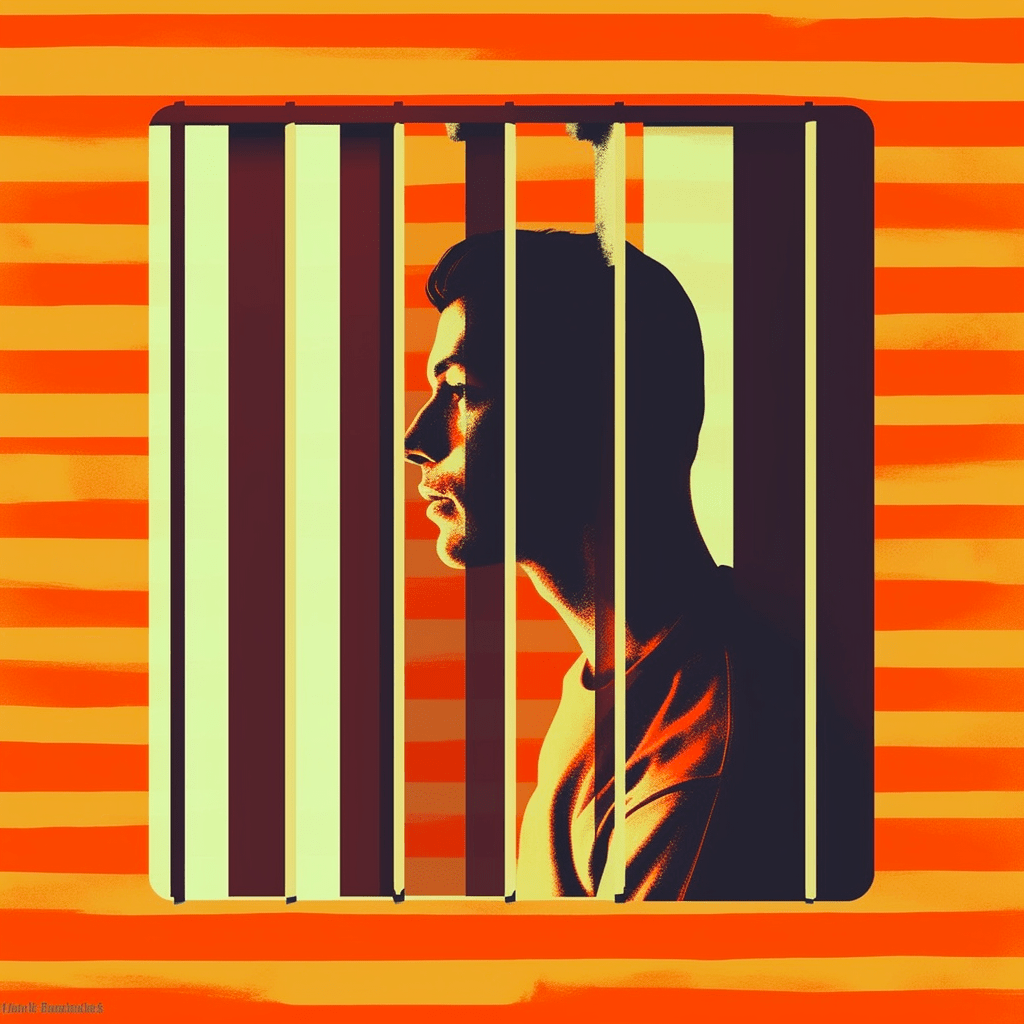
EFFECTIVE TREATMENT FOR ECSTASY ADDICTION
Ecstasy addiction is a significant concern that can cause several complications if left untreated. Known as MDMA, Ecstasy, or Molly, this synthetic psychoactive drug is typically taken as a capsule or tablet form and can lead to physical and psychological dependence.
Treatment options for ecstasy addiction are critical to helping users overcome their dependence, build coping skills, and improve their quality of life.
While no specific, accepted medical treatments tailored for ecstasy addiction exist, various approaches are beneficial. Behavioural therapy, often used for severe other substance abuse and use disorders, is one such approach, as it aims to modify an individual’s thinking, expectancies, and behaviours.
Treatment options may include detoxification, cognitive-behavioural interventions, counselling, and inpatient or outpatient rehabilitation services.
These methods have proven effective in enabling those struggling with ecstasy addiction to overcome dependence and reintegrate into a healthy, drug-free lifestyle.
Understanding Ecstasy

Ecstasy is a synthetic drug that acts as a stimulant and hallucinogen, mainly consisting of the active ingredient MDMA, or 3,4-methylenedioxy-methamphetamine. It affects the human brain by increasing the activity of three essential chemicals: dopamine, norepinephrine, and serotonin. These elevated levels lead to enhanced feelings of pleasure, increased energy, emotional warmth, and distorted sensory perceptions.
Street Names and Forms
Ecstasy is available in various forms and is often labelled under different street names. Some common street names for the drug include:
- Molly: A name for the powder form of MDMA, which is typically found in capsules or taken orally.
- XTC or E: These names refer to the tablet or pill form of Ecstasy, which users typically swallow.
The drug is sometimes found in liquid form or as a crystalline powder. However, regardless of its form or name, the effects of Ecstasy remain the same.
It is crucial to note that MDMA purity may vary, and ecstasy products often contain other substances that increase potential health risks.
Ecstasy Use and Effects
Ecstasy, or MDMA, is a popular recreational drug that induces various psychological and physical effects. This section covers the different aspects of ecstasy use and its impact on the user.
Increased Energy and Arousal
Ecstasy is known for its stimulant properties, leading to increased energy and arousal. Users often feel a surge of alertness and a heightened sense of physical activity. This heightened energy can result in users engaging in rigorous activities such as dancing for long periods without feeling exhausted.
Mood and Empathy Enhancement
One of the primary effects of Ecstasy is its ability to enhance mood and empathy. The drug increases serotonin, dopamine and norepinephrine levels in the brain, which regulate emotions, pleasure, energy and social bonding.
As a result, users may experience feelings of happiness, closeness with others, and an overall sense of well-being.
Physical Effects and Side Effects
Ecstasy use can also lead to numerous physical effects and side effects. Some of the common physical effects of Ecstasy include:
- Sexual arousal: Ecstasy may increase the user’s libido and sense of sexual arousal.
- Increased heart rate and blood pressure: As a stimulant, the drug can cause an increase in both heart rate and blood pressure.
- Elevated body temperature: Hyperthermia, or increased body temperature, can occur due to ecstasy use, leading to profuse sweating and dehydration.
Aside from these effects, Ecstasy can produce several side effects that vary between individuals. Some of the most commonly reported side effects are:
- Nausea
- Headaches
- Blurred vision
- Chills
- Teeth clenching and jaw clenching
- Muscle cramping
These side effects can range from mild to severe and may require medical attention in extreme cases. It is important to note that the long-term use of Ecstasy can also increase the risk of addiction and adversely affect both physical and mental health.
Treatment options, including cognitive behavioural therapy, are available for those struggling with ecstasy addiction.
Tolerance, Dependence, and Withdrawal
Ecstasy (MDMA) is a psychoactive drug that can lead to tolerance and dependence. Tolerance occurs when a person needs to take increasing amounts of the drug to achieve the desired effects. Dependence develops when a person’s body relies on the drug to function normally.
Withdrawal symptoms can occur when a person dependent on Ecstasy stops using the drug. These withdrawal symptoms may include:
- Depression
- Anxiety
- Fatigue
- Insomnia
- Loss of appetite
- Memory problems
It is important to note that no medications are specifically approved to manage ecstasy withdrawal or addiction; however, benzodiazepines may be used short-term, primarily when ecstasy is used as one of many drugs.
Treatment often focuses on behavioural therapies, such as cognitive behavioural therapy (CBT), to help individuals develop healthier and more positive thoughts and behaviours, improve their stress management skills, and group therapy.
Risks and Dangers
The drug abuse side of Ecstasy poses numerous risks and dangers, both short-term and long-term. Some of the immediate risks include:
- Dehydration
- Overheating or hyperthermia
- Electrolyte imbalance
- High blood pressure
- Seizures
In addition to the immediate risks, ecstasy abuse can also lead to lasting mental health conditions and effects, such as:
- Damage to serotonin-producing neurons
- Anxiety disorders
- Depression
- Memory impairment
- Decreased cognitive function
The dangerous nature of ecstasy drug addiction is further exacerbated by the fact that many ecstasy tablets are tainted with other harmful substances, such as methamphetamine or synthetic cathinone, which can increase the risk of severe side effects or death.
Therefore, individuals who engage in ecstasy drug abuse and addiction are at an increased risk for serious health consequences and potentially fatal outcomes.
Treatment for Ecstasy Addiction
Detoxification
The initial stage of ecstasy addiction treatment typically involves detoxification, during which the drug is cleared from the user’s system. Another drug may be given briefly during this stage to help make this adjustment.
This withdrawal process can be challenging as the body adjusts to the absence of the substance, but it is a crucial step towards recovery.
Inpatient Rehabilitation
Some individuals may benefit from inpatient rehabilitation for their ecstasy addiction. Patients who reside at a treatment centre during this phase receive round-the-clock care and support.
Inpatient programmes often incorporate various evidence-based therapies, such as cognitive behavioural therapy (CBT), group therapy, and psychoeducation, to help individuals develop coping strategies and manage their addiction.
Outpatient Treatment
For those unable to commit to a complete residential treatment programme, outpatient treatment is another option. This programme allows patients to attend therapy sessions and participate in support groups regularly while living at home and maintaining their daily responsibilities.
Outpatient treatment can offer more flexibility but requires a strong support network and dedication to recovery.
Counselling and Support Groups

Counselling sessions and support groups are vital components of ecstasy addiction treatment. They allow individuals to share their experiences, learn from one another, and build a sense of camaraderie.
These individual and group counselling sessions and family therapy can help patients better understand their triggers, develop healthier thought patterns, and build a strong foundation for long-term recovery.
Aftercare and Relapse Prevention
After completing a treatment programme, the focus shifts to aftercare and relapse prevention. This may involve regular check-ups with a treatment provider, ongoing counselling, and participation in support groups.
By maintaining a commitment to their recovery and treatment program and being proactive in seeking help, individuals can significantly reduce their risk of relapse and maintain a substance-free lifestyle.
Therapies and Approaches in Ecstasy Addiction Treatment
Cognitive Behavioural Therapy (CBT)
Cognitive Behavioural Therapy (CBT) is a staple of most treatments. This approach helps individuals modify their thinking, expectancies, and behaviours while increasing their skills to cope with everyday stressors.
Cognitive behavioural therapy promotes healthier, more positive thoughts and behaviours and improves stress management skills. Through sessions with trained therapists, patients learn to identify and modify patterns of thoughts and actions that contribute to their addiction.
Group Counselling
Group counselling has proven helpful for many individuals seeking treatment for ecstasy addiction. In these sessions, people come together under the guidance of a trained counsellor to share experiences and support each other.
Group counselling emphasises the power of camaraderie and understanding in overcoming addiction. These sessions provide a safe space for individuals to openly discuss challenges and successes, fostering empathy and self-awareness on the road to recovery.
Holistic and Alternative Therapies
In addition to traditional behavioural therapies, holistic and alternative therapies have emerged as potential tools for treating ecstasy addiction.
While the specific details of these approaches vary, they generally emphasise the importance of addressing the root causes of addiction rather than just managing its symptoms. Some examples of holistic and alternative treatments for ecstasy misuse include:
- Yoga and Meditation: These practices help with relaxation, stress reduction, and mental clarity, allowing individuals to address the emotional triggers of their addiction better.
- Art and Music Therapy: Creative expression provides a healthy outlet for emotions and encourages introspection and self-discovery.
It is important to remember that each person’s journey to recovery from ecstasy addiction drug use is unique; therefore, combining traditional therapies and alternative approaches may be necessary to address individual needs and preferences.
Ecstasy and Co-Occurring Substance Use Disorders
Alcohol and Cocaine
Ecstasy is often combined with other substances, like alcohol and cocaine. Combining ecstasy with alcohol or cocaine may increase a person’s risk of experiencing adverse health effects.
When alcohol is mixed with ecstasy, it can lead to dehydration and increased body temperature. In contrast, the combination with cocaine increases the risk of brain injury, liver damage, heart attack, stroke, seizures, and other overdose toxicity.
Amphetamines and Methamphetamine
Ecstasy has stimulant properties similar to amphetamines and methamphetamine, which is why it is sometimes used with these substances.
However, this combination can be hazardous since it can lead to heightened adrenaline levels, increasing the risk of cardiovascular complications, high blood pressure, and hyperthermia.
Moreover, users may increase their dosage when mixing Ecstasy with these stimulants, which can lead to severe, long-term health consequences. It can also lead to Serotonin Syndrome, where the central nervous system has too much serotonin. This typically appears within one day of excessive use.
Heroin, LSD, and Ketamine
Ecstasy also acts as a hallucinogen, similar to LSD, and may be consumed with other hallucinogens, as well as with depressants like heroin and dissociative drugs, such other drugs such as ketamine.
Mixing Ecstasy with these substances can increase the risk of adverse effects and interactions, such as serotonin syndrome, which can be potentially life-threatening.
Additionally, combining Ecstasy with depressants and dissociative drugs might lead to unpredictable consequences and exacerbate the adverse effects of each substance.
Synthetic Cathinones (Bath Salts)
Ecstasy users may also experiment with synthetic cathinones (bath salts). These substances are synthetic derivatives of the naturally occurring stimulant cathinone and can have dangerous interactions when consumed with Ecstasy.
Mixing the two might intensify stimulant effects, potentially leading to harmful consequences such as increased heart rate, blood pressure issues, and a higher chance of substance-induced psychosis.
In conclusion, it is essential to emphasise the risks associated with using Ecstasy regularly and with other substances. These combinations can increase the potential for dangerous physical and mental health complications.
It is crucial for individuals struggling with co-occurring severe substance abuse, use disorder, or disorders to seek appropriate treatment and support to overcome their addiction and reduce the risks associated with polysubstance abuse.
Ecstasy’s Legal Status and Social Context
Classification as a Schedule I Drug

Ecstasy, also known as MDMA, is classified as a Class A Schedule 1 drug in the UK. This classification of controlled substances under the Misuse of Drugs Act indicates that the substance has a high potential for abuse.
Usage in Parties, Raves, and Nightclubs

MDMA use is often associated with parties, raves, and nightclubs, where it is commonly referred to as a “club drug” or “party drug”. Its psychoactive effects, such as euphoria, increased energy, and emotional warmth, make it popular in these social settings.
However, using MDMA in combination with other substances, including alcohol and other illicit drugs, may increase the risk of adverse effects and health complications.
Prevalence Among Young Adults
Ecstasy is particularly prevalent among young adults. According to a 2018 study, approximately 5% of young adults in the UK reported using MDMA. The drug’s popularity in social environments, its psychoactive effects, and its relatively low cost contribute to its widespread use among this demographic.
However, this prevalence also increases the likelihood of addiction and other negative consequences of ecstasy use.
Understanding Neurotransmitters and Ecstasy’s Effects
Dopamine, Norepinephrine, and Serotonin
Ecstasy, or MDMA, is a psychoactive drug that alters mood and perception by interacting with various neurotransmitters in the brain, including dopamine, norepinephrine, and serotonin.
Dopamine is involved in the brain’s reward system, while norepinephrine affects alertness and energy levels. Serotonin plays a role in regulating mood, appetite, and sleep patterns.
When someone takes Ecstasy, the release and reuptake of these neurotransmitters are affected. Specifically, MDMA increases the release of serotonin, leading to heightened feelings of happiness and social connectedness.
At the same time, it enhances the release of dopamine and norepinephrine, which can result in increased energy levels and heightened senses.
However, the intense release of serotonin may eventually lead to depleted levels, resulting in a low mood or “crash” following the drug’s effects.
Long-Term Impact on Brain Function
Repeated use of Ecstasy may have lasting consequences on the brain’s neurotransmitter systems. Research indicates that MDMA may be neurotoxic to serotonergic neurons, potentially damaging serotonin production and function in the long term.
This may lead to persistent mood changes, including depression, increased anxiety, and sleep disturbances.
Moreover, the long-term effects of Ecstasy on dopamine and norepinephrine are not yet fully understood. Some studies suggest that MDMA may damage dopamine neurons, while others argue that the changes in dopamine levels might be temporary.
Regardless, some research suggests that the imbalance in the brain’s neurotransmitter systems can lead to behavioural and emotional problems.
To address these issues, addiction treatment programs for Ecstasy often focus on restoring the balance of neurotransmitters in the brain. This may involve therapy, medication, and lifestyle changes, depending on the specific needs of the individual.
Early intervention, professional treatment, medical support, and comprehensive care are crucial in helping those affected by Ecstasy addiction to recover and maintain a healthy, drug-free life.
GET HELP FOR ECSTASY ABUSE
Recognising the symptoms of ecstasy abuse is the crucial first step towards regaining control of one’s life. At PROMIS, our rehab treatment offers a holistic approach, blending medical expertise with compassionate care.
Each treatment plan is uniquely tailored to meet individual needs, ensuring the highest chance of success. Don’t let the grip of ecstasy dictate your future. Reach out to PROMIS today and journey towards a healthier, brighter tomorrow.
